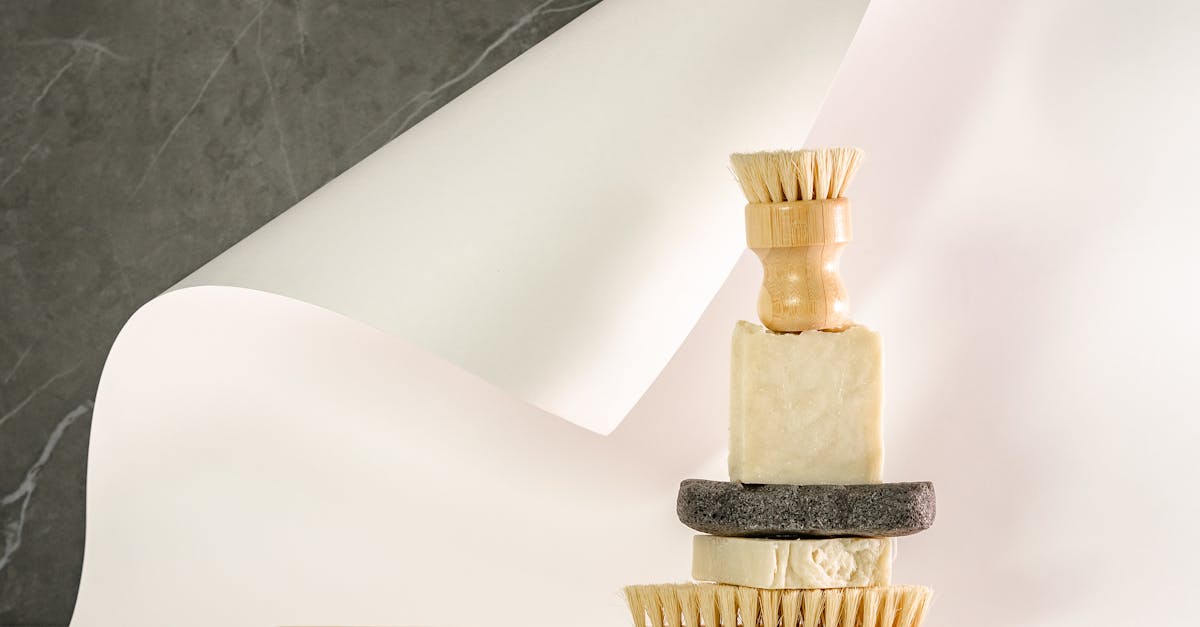
Introduction
In an age where sustainability and eco-conscious living take center stage, many individuals are seeking alternatives to conventional cleaning products. This shift is driven by concerns over toxic chemicals, environmental impact, and the desire for a healthier household. DIY natural cleaning products offer a compelling solution, using simple, everyday ingredients to tackle household messes. Not only are they safer for human health, they're often gentler on surfaces and just as effective. Moreover, creating your own cleaners can be a cost-effective choice. It's time to explore the world of natural cleaning products and transform the way we approach household cleanliness.
Understanding the Benefits
Homemade natural cleaning products present several advantages that make them appealing to many households. First, they eliminate the need for synthetic chemicals that can irritate skin, aggravate allergies, and release harmful fumes. This is especially essential for homes with children, pets, or individuals with sensitivities. Secondly, they contribute to environmental protection, reducing the chemical footprint on water and soil. Another benefit is the customization of scents, enabling individuals to choose fresh, natural aromas derived from essential oils. Lastly, crafting these products commonly proves more economical, as the ingredients are often items already found in the pantry.
Ingredients You Will Need
Creating natural cleaning products is straightforward, and many of the necessary components are kitchen staples. White vinegar acts as a natural disinfectant and is renowned for cutting through grime. Baking soda, with its gentle abrasiveness and odor-neutralizing properties, is an excellent addition. Essential oils like lemon, tea tree, or lavender offer antimicrobial properties while enhancing the olfactory experience. For tougher stains, hydrogen peroxide or castile soap can meet more demanding cleaning tasks. These natural substances, when combined appropriately, can replace a multitude of store-bought cleaners.
Recipes for Common Cleaners
Embarking on a DIY natural cleaning journey entails experimenting with different formulations. A simple all-purpose cleaner can be made by mixing one part water with one part vinegar, adding ten drops of essential oil for fragrance and enhanced cleaning power. For windows, a blend of two cups water, half a cup of vinegar, and a quarter cup of rubbing alcohol yields streak-free results. Bathroom surfaces may benefit from a mix of baking soda and castile soap, which when lathered up using a brush, will tackle bathroom grime effectively. These recipes serve as foundational formulas on which you can build, tailoring them to your unique needs.
The Science Behind Natural Cleaners
The effectiveness of natural cleaning products is supported by scientific principles. Acidity in vinegar breaks down mineral deposits, dissolving hard water stains and eliminating bacteria. Baking soda’s alkaline nature reacts with acids, effectively neutralizing odors and providing gentle abrasion to lift dirt. Essential oils not only add pleasant scents but, owing to their chemical structure, can fend off microbial activity. This ability to deconstruct stains or odors at a molecular level renders natural cleaners as practical and effective as their commercial counterparts.
Essential Oils and Their Uses
Essential oils sit at the heart of creating delightful aromas and enhancing the efficacy of natural cleaners. Lemon oil is a popular choice due to its fresh scent and antibacterial properties, suitable for kitchen and bathroom surface sprays. Tea tree oil possesses antifungal and antiseptic capabilities, making it ideal for areas prone to mold or mildew. Lavender oil is favored for its calming aroma, promoting relaxation while cleaning, and offers antibacterial benefits. Experimenting with combinations of oils can lead to customized blends that meet both aromatic and cleaning needs. Care should be taken to select high-quality, pure essential oils for maximum benefit.
Safety Considerations
Like any household product, safety is paramount when using DIY cleaners. It's advisable to label each product clearly, detailing its ingredients and usage instructions. While natural, essential oils should be used sparingly and stored properly to avoid reactions or degradation. It's also wise to test new products on small, inconspicuous surfaces to ensure they do not damage finishes or fabrics. Those with allergies should ensure none of their ingredients trigger reactions. With the right precautions, homemade cleaners maintain safety for the whole family.
Transitioning to a Natural Cleaning Routine
Switching to natural cleaning products requires gradual integration into daily routines. Start by replacing one commercial product at a time, allowing household members to adjust to new scents and methods. Consistency and patience are key—natural solutions may perform differently than chemical-based ones, but their results are often comparable with persistence and proper technique. Over time, the absence of chemical smells and the assurance of a healthier environment will affirm the decision to adopt a natural cleaning lifestyle.
The Environmental Impact
One of the greatest advantages of DIY natural cleaning products is their minimal environmental impact. Conventional cleaners often contribute to pollution when washed down the drain, affecting aquatic life and ecosystems with toxins. In contrast, natural ingredients typically break down more easily without harmful residues. Reusing spray bottles and containers further supports sustainability, reducing plastic waste. By electing to use natural cleaners, individuals actively contribute to a cleaner planet, promoting a healthier future for generations.
Conclusion
The shift towards DIY natural cleaning products reflects a growing awareness of health, cost, and environmental harmony. These solutions provide effective and economical alternatives to traditional chemicals, offering peace of mind by reducing exposure to toxins. With simple ingredients and recipes, anyone can create homemade products that suit their cleaning needs. As more households embrace this practice, they contribute collectively to a sustainable future. By opting for natural cleaning products, individuals make a conscious choice that benefits both their home and the planet.